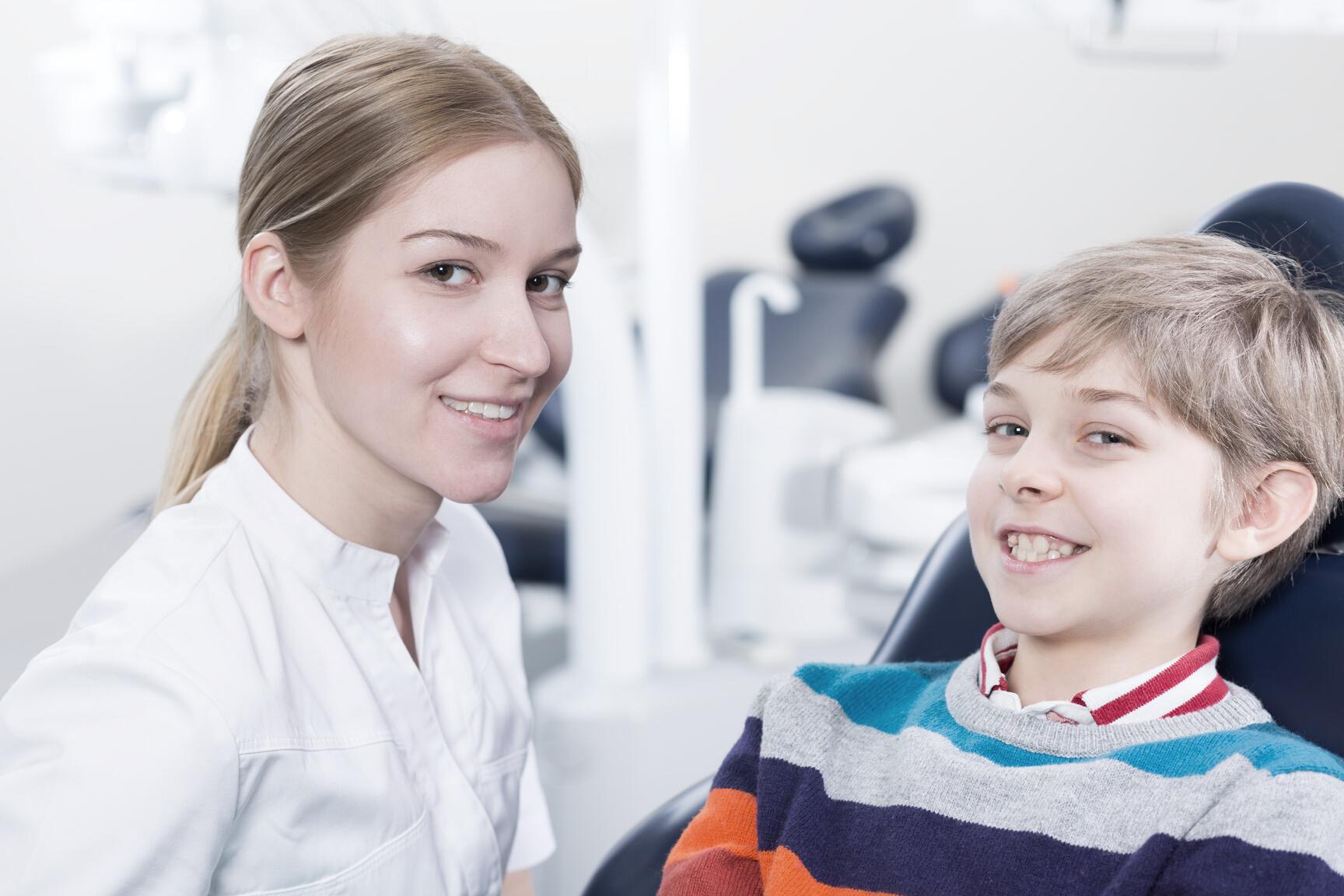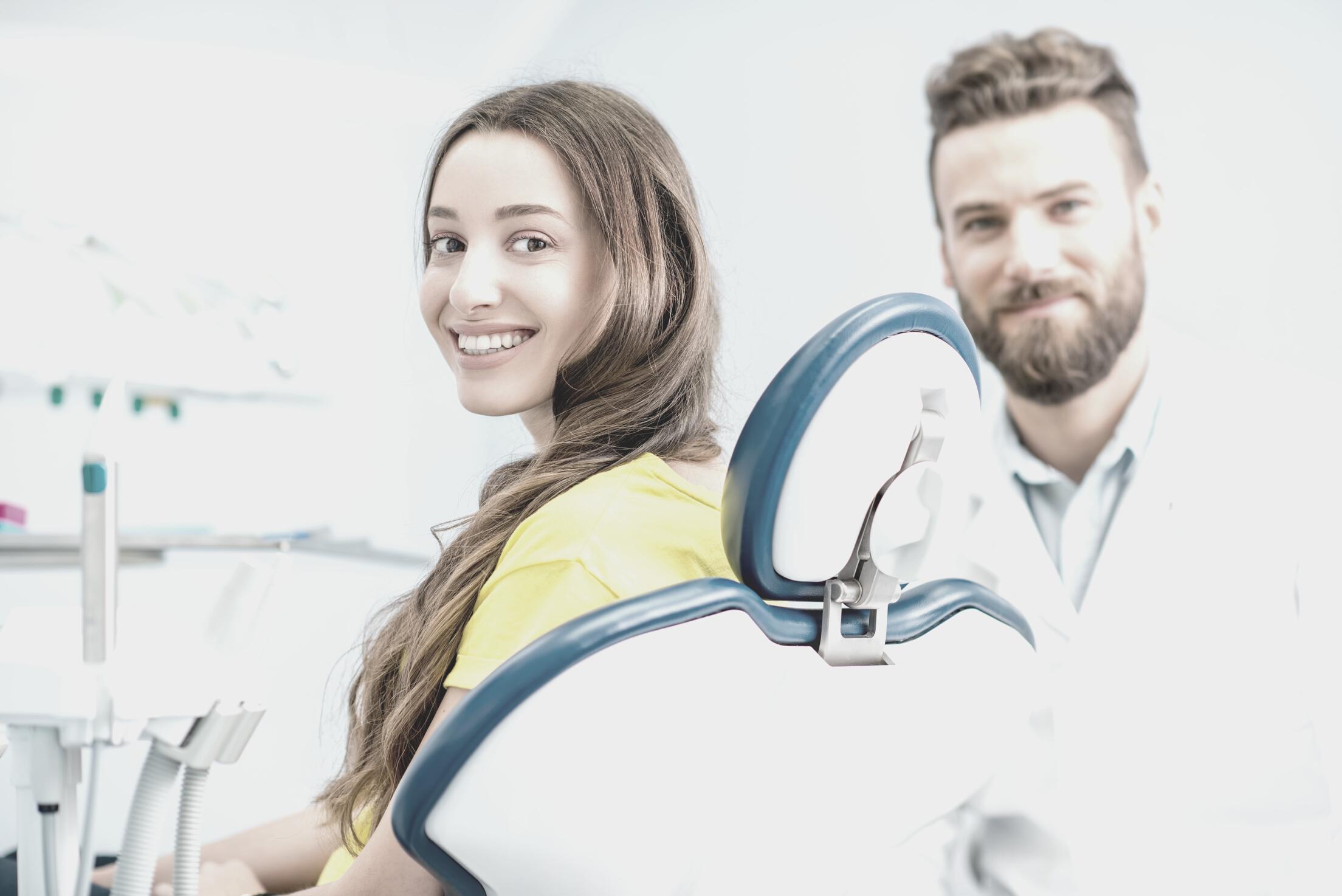






The mentoring relationship is a powerful development experience that is aimed at the professional support and advancement of the mentee but it is a relationship likely to have personal and professional benefits for both mentor and mentee

The ASO is committed to supporting recent orthodontic graduates through enabling mentors who support their selected mentees through this program
In participating in the ASO Mentoring Program, Mentor and Mentee agree to abide by the following code of conduct:
Both the mentor and mentee have a responsibility to invest their time, skills and experience into the partnership.
Mentors and mentees will respect each other’s time and other responsibilities, ensuring they do not impose beyond what is reasonable.
Mentors and mentees will participate professionally, in good faith, and keep confidential all discussions they have Further, both mentors and mentees agree that as part of the mentoring relationship they may acquire confidential information about the other party or their business(es) and they will maintain the confidentiality of this information
The mentor may take many roles: being a role model, sounding board, helping build networks and career support, sometimes simply being there to listen and challenge The mentor will do their best to respond to the mentee’s developmental needs and challenges.
Mentors must be aware of the many challenges new orthodontists face when starting their profession. Identifying when a mentee needs help which is beyond the expertise of the mentor is a critical skill for a mentor

Feedback from the mentee on how the relationship is working for them and what could be done to improve it, is an important part of the relationship’s development
Both mentor and mentee volunteer their time, energy and expertise Either party may request to dissolve the relationship if they feel it is not working for them However, they have a responsibility to discuss options to improve their relationship before deciding on this step The mentor agrees to encourage the mentee to develop and maintain positive attitudes toward their professional life and career planning.
The mentor is encouraged to suggest options and to empower the mentee rather than give directed advice or single solutions. Listening is an important skill for a mentor
A mentor should be prepared to listen to the mentee’s views and avoid the natural urge to look for quick solutions.
Mentor and mentee must be open and truthful to each other about the relationship itself, reviewing from time to time how it might be made more effective. Mentors and mentees are encouraged to discuss any issues with the ASO Mentoring Program contact
Mentors and mentees must be careful in their mentoring discussions not to denigrate other orthodontists, businesses or third parties
Mentor and mentee jointly share responsibility for the smooth winding down of the relationship after the program has ended However, although the mentor/mentee relationship is for a set period, many mentors and mentees agree to continue to stay in touch for a range of beneficial reasons
Both parties agree to abide by this Code of Conduct.
"I wish to thank you for arranging the mentor program and for setting me up with an awesome mentor. I learnt a lot from my mentor and have implemented a number of the things he discussed with me into my clinic. We got along very well and I found it extremely useful."
To facilitate supportive one on one mentoring relationships across the ASO in which more experienced orthodontists share advice, knowledge and experiences with less experienced members in a professional and supportive guided relationship.

To assist mentee participants in building a professional network with their peers and more experienced orthodontists for their own professional development purposes.
A mentor is a guide. A resource who paves the way to success, and derives satisfaction from helping others succeed Your role as a mentor is to inspire, encourage, and support your mentee, and to contribute to their professional and personal development As a mentor, you can expect to get a great sense of satisfaction from helping a less experienced orthodontist succeed and contribute to the future success of orthodontists as a collective of colleagues.
You could help your mentee with the following:
Discuss the mentee's career goals and aspirations
Help by reflecting on own professional challenges and achievements
Help with problem solving and constructive guidance
Work on the mentee’s skills and confidence
Discuss ways to improve performance
Commit to give at least one interaction/hour of support per month Set aside time for the mentoring process and honour all appointments
Contact your mentee if they have not been in touch to set up monthly calls
Be flexible on meeting times
Provide honest and timely feedback to your mentee Try to respond to emails from your mentee within 2 days of receipt
Keep information that your mentee has shared with you confidential If something concerning the mentee needs to be discussed with others, it should first be discussed within the mentoring relationship
Establish open and honest communication
Encourage creativity and independence Help build self confidence
Provide opportunities for the mentee to talk about concerns and ask questions
Listen be prepared to listen to the mentee and avoid the natural urge to look for quick solutions

Try to give advice on everything Encourage your mentee to be dependent upon you
Provide your personal history, problems, animosities, successes, failures, etc unless they are constructive contributions
Be too busy when the mentee needs your support. If you do not have time give the mentee a heads up, so that they know when they can reach you
Criticise
"I have to say that I got a lot out of this mentoring programme. I look forward to catching up with [my mentor] each time, as I always learn a lot from him. It's more than just the clinical tips and ideas on how to run a successful business, I also learnt a lot from him about how to give back to the profession itself, and how to serve our community better."
It will run for 12 months
It is a one on one style program where you will be matched with a suitable mentee.
You will receive resources and support from the ASO along the way to help guide you in your role as a mentor This will help to ensure you get the most out of the program and your relationship with your mentee.
The program is open to mentees who are recent graduates (1 to 5 years out) and mentors who have more than 6 years of experience as a practising orthodontist. Once the ASO has identified an appropriate mentee for you, we will contact you with the details of your mentor and provide an introduction to kick things off.
As this is a one on one mentoring program, you will be expected to give at least one hour per month to interact with/support your mentee This could be through a call or another form of meeting (e.g. Skype, FaceTime).
After you complete the application form you will be matched with a mentee selected for you based on your answers. Mentors and mentees are generally matched across States/Territories to ensure the best match and ensure no competition between pairs
Feedback has been hugely positive Mentors say that they get a lot out of the experience, and even learn a thing or two from their mentees. Joining the ASO mentoring program is an opportunity for experienced orthodontists to give back and provide much needed advice and support to the next generation of orthodontists in Australia.
Mentees are looking for advice they have not been practising long and need someone friendly they can ask questions and check in with. Being a good mentor starts with being prepared to listen and provide honest feedback If you aim to build a positive relationship with your mentee and work to build their self confidence, you will most likely succeed in your role as a mentor!
If things are not progressing as expected, first we advise that you let your mentee know about your concerns and see if they can be resolved If not please contact Juanita Ward Harvey ASO Communications Manager on communications@aso.org.au who will try to resolve the situation in a positive and satisfactory manner

I’m not sure what we should or what is appropriate to talk about
It is important that you both understand what you want to get out of this relationship and what you ’ re both comfortable to discuss Have you already talked about this? Be sure to have that conversation early because it will guide what and how you discuss things.
We seem too different
The ASO has matched you based on your preferences and needs You both have something to offer in this relationship so take time to get to know each other and give the relationship a chance to succeed.
We are struggling to make time for each other
We ask that mentees drive the program, which means that mentees must set up meetings and put time and effort into thinking about what they want to get out of each monthly meeting. If your mentee doesn’t get back to you, follow up. If you continue to experience issues with making contact, please advise the ASO
Our first few chats have been awkward and I’m not sure I want to continue
It is important that you give the relationship a good go and invest in developing a connection. Are you both clear on your goals for the program? Be prepared prior to your meetings, mentees should write down discussion points to guide the conversation At the end of each meeting, you might also talk about what you want to discuss during your next meeting, so you are both prepared
The program is finishing, but I’m not ready to end the relationship
The ASO mentoring program runs for 12 months. However, whether or not your mentor/mentee relationship continues after the program is entirely up to the pair It’s not uncommon for the relationship to continue in some form after the program finishes. As the end of the program draws near, have a conversation about whether you would like to remain in contact and how to stay connected

For more information visit aso.org.au/aso mentoring program or email communications@aso.org.au
